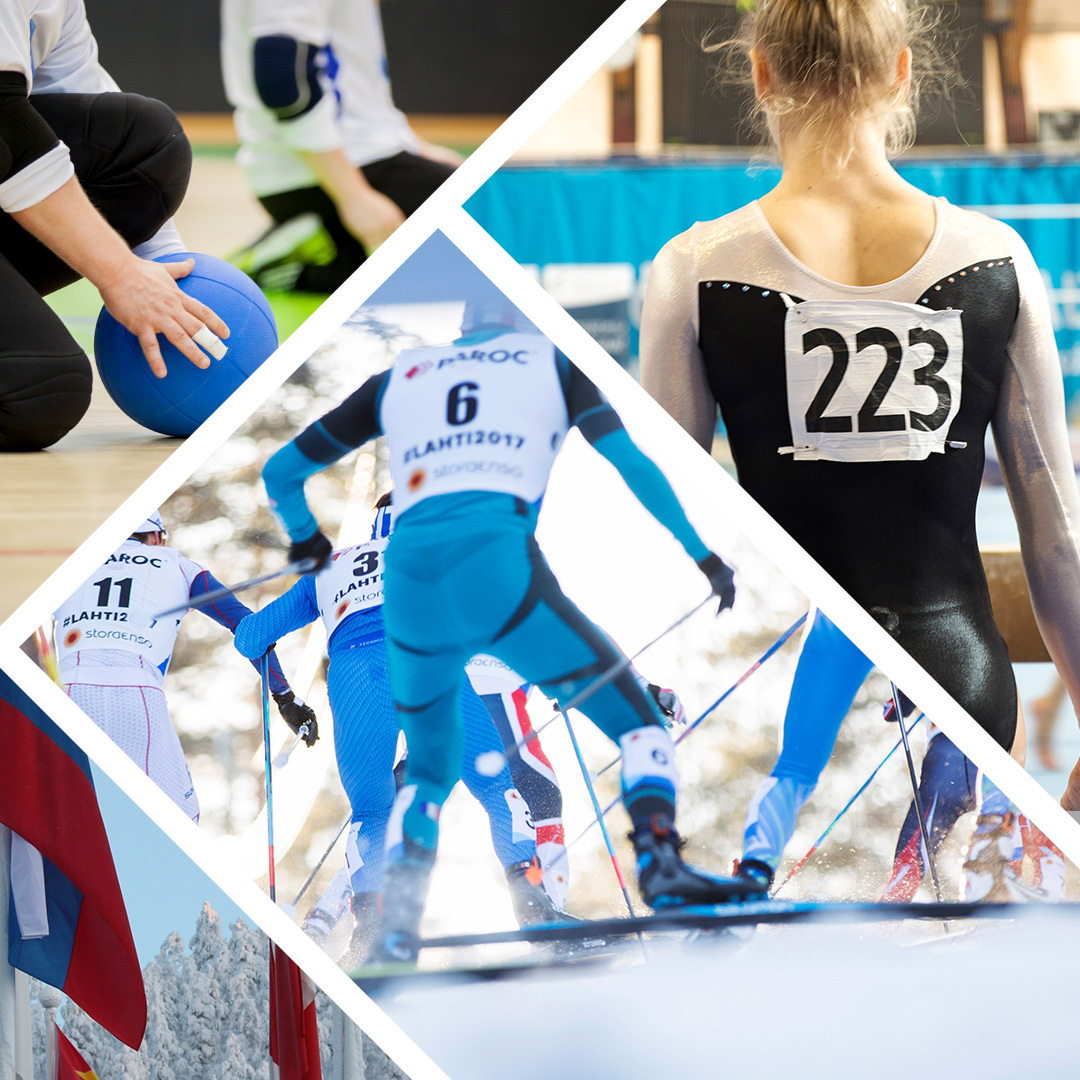The use and dissemination of doping agents is prohibited in Finland according to the international and national codes of sports, which are based on international agreements. There is no legislation in Finland that makes doping punishable, apart from the use of narcotic agents.
The Criminal Code and other laws
Import and dissemination of doping agents is regulated by Chapter 44 of the Finnish Criminal Code. The use of doping agents is also subject to the Medicines Act and the regulations of the Criminal Code on smuggling, unlawful dealing in imported goods and narcotic agents.
Doping offences were added to the Criminal Code on 1 September 2002. At that time, the Criminal Code prohibited the illegal manufacturing, import and distribution of doping substances, as well as their possession with the purpose of dissemination. The use of doping substances is not illegal.
According to the Criminal Code, doping substances include:
- synthetic anabolic steroids and their derivatives
- testosterone and its derivatives
- growth hormone
- chemical substances that increase the production of testosterone, its derivatives or growth hormone in the human body.
This list is considerably narrower than the list of prohibited medicinal substances in sport. This is due to the fact that the provisions of the Criminal Code on doping offences intend to protect against health risks related to the misuse of doping substances. Therefore, the Criminal Code lists only substances associated with a known medical risk. In particular, the Criminal Code aims to protect minors.
The Criminal Code emphasises the significance of the illegal import and dissemination of doping substances as offences. Particular penal responsibility is on persons who sell or convey doping substances to athletes. If another athlete or coach obtains and gives an athlete doping substances, he or she is guilty of a doping offence. A physician can also be charged with a doping offence if they prescribe or otherwise give an athlete doping agents for non-therapeutic purposes.
The penalty for a doping offence is a fine or imprisonment for a maximum of two years. For an aggravated doping offence, the penalty is imprisonment for at least four months and at most four years. In an aggravated doping offence:
- the offence involves a considerably large amount of doping substances
- considerable financial benefit is sought
- the offender acts as a member of a criminal organisation that has been specifically organised for the extensive commission of such an offence or
- the doping agent is disseminated to a minor.
If the doping offence is deemed petty, the offender shall be fined for a petty doping offence.
International agreements
Anti-doping work is regulated by various international and national agreements, all of which aim at fair, equal and clean sports. The State of Finland is involved with these international agreements and has given FINCIS the important task of being responsible for all doping control in our country.
FINCIS’ activities are regulated by UNESCO’s International Convention against Doping in Sport and the Council of Europe’s Anti-Doping Convention, both of which have been ratified by the Finnish Parliament. These agreements require the State of Finland to arrange anti-doping activities in Finland as required by the agreements. FINCIS implements measures required by treaties related to the themes tasked to it.
The State of Finland has also committed itself via the UNESCO Convention to support the World Anti-Doping Agency WADA and ensure that the World Anti-Doping Code approved by WADA is complied with in Finland. Finland’s Anti-Doping Rules is based on the World Anti-Doping Code.



